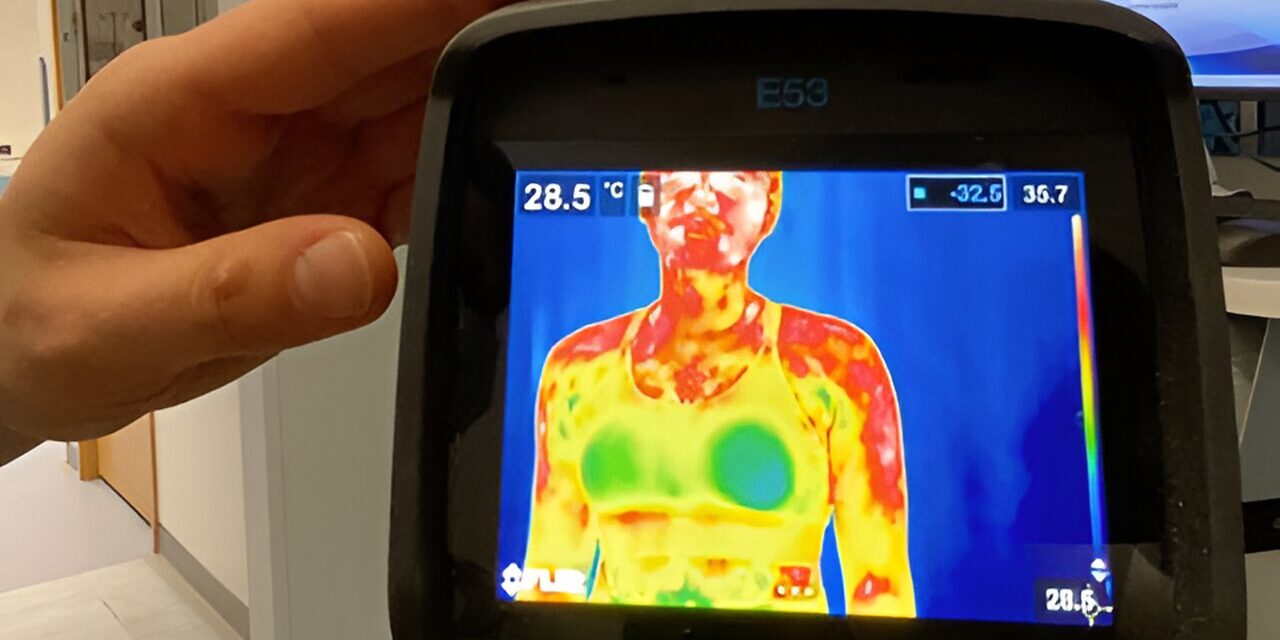Melbourne, Australia – A groundbreaking discovery by researchers at the University of Melbourne, in collaboration with Pfizer, may revolutionize breast cancer treatment. Led by Professor Laura Mackay, a Laboratory Head and Immunology Theme Leader at the Peter Doherty Institute of Infection and Immunity (Doherty Institute), the study has uncovered a promising new dual-target drug that enhances cancer-fighting immune cells in mice.
Breast cancer remains a leading cause of cancer-related deaths in Australia, with over 20,000 diagnoses annually, including more than 1,000 cases among young women under 40. Given the urgent need for improved therapies, this new treatment approach offers renewed hope.
A Game-Changer in Immunotherapy
Immunotherapy has emerged as a revolutionary method in cancer treatment, enabling the body’s immune system to combat cancer cells. However, the effectiveness of existing immunotherapies remains limited for breast cancer patients. This new study, published in Clinical and Translational Immunology, demonstrates that dual-target antibody therapy may significantly boost the immune response compared to traditional single-target treatments.
“We need to find new ways to instruct the immune system to fight cancer,” said Professor Mackay. “Our research shows that a two-pronged strategy can better ignite cancer-fighting immune cells, which is the goal of immunotherapy.”
Unmasking Cancer Cells for Effective Targeting
Cancer cells often evade immune detection by expressing specific proteins, such as CD47 and PD-L1, which act as protective shields. The research collaboration with Pfizer focused on unmasking these proteins, making the cancer cells more vulnerable to the immune system’s attack.
While CD47- and PD-L1-targeted therapies have been explored individually, they pose challenges such as patient toxicity and limited response rates. By combining these targets into a single dual-antibody therapy, researchers hope to maximize effectiveness while reducing side effects.
Implications for Future Cancer Treatments
Dr. Susan Christo, Senior Research Officer at the Doherty Institute and lead author of the study, emphasized the potential impact of this approach.
“The idea that cancer-fighting immune cells can gain more power when we target multiple key proteins at once may be a real game-changer in the field of immunotherapy,” said Dr. Christo.
“Our work opens up new opportunities to explore how different combinations of drugs can supercharge the immune system to beat cancer. The advantage of a dual-target approach is that it can be applied to a wide range of solid tumors, potentially benefiting a larger number of patients.”
Looking Ahead: Clinical Trials and Further Research
With promising results in preclinical studies, researchers are optimistic about advancing this therapy to clinical trials. Continued research is crucial to understanding how this dual-target strategy can be optimized for human patients.
This study was made possible through funding from Pfizer Inc.
Reference
Susan N Christo et al., Dual CD47 and PD‐L1 blockade elicits anti‐tumor immunity by intratumoral CD8+ T cells, Clinical & Translational Immunology (2024). DOI: 10.1002/cti2.70014
Disclaimer
This article is for informational purposes only and does not constitute medical advice. While the research findings are promising, further studies and clinical trials are required to determine the safety and efficacy of dual-target therapy in human patients. Individuals seeking cancer treatment should consult their healthcare providers for personalized medical guidance.










